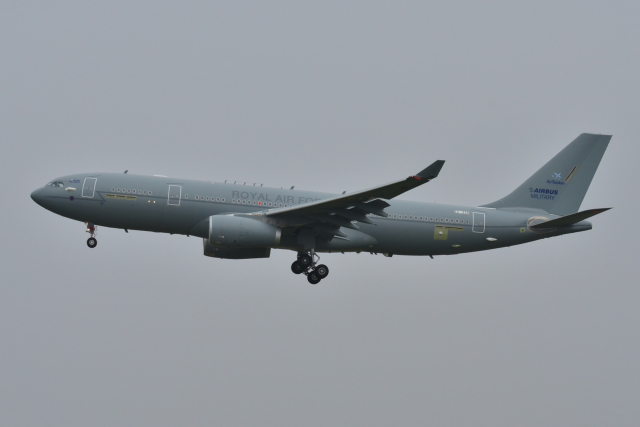Military
Airbus to Pare Its Defense Business and Focus on Commercial Jets
Published:
Last Updated:

The Defence and Space division is Europe’s largest military and space company, the world’s second largest space company, and one of the world’s top ten defense companies with annual revenues of around €14 billion (about $18 billion). In 2013, Boeing Co. (NYSE: BA), Airbus’s chief rival in both commercial and defense sectors, posted revenues of about $16 billion in its Military Aircraft division and $8.5 billion in its Network & Space Systems group.
Airbus is confronted by low and declining European defense budgets and plans to sell its commercial and para-public communications business, including Professional Mobile Radio and commercial satellite communications services, and subsidiaries including Fairchild Controls, Rostock System-Technik, AvDef, ESG and Atlas Electronik. The Wall Street Journal reports that the divestitures are targeted for completion by mid-2015 and that Airbus should realize €1.5 billion to €2 billion from the sales.
READ ALSO: Boeing Orders Crush Airbus Total Through August
The Defence and Space division proposed a merger with BAE Systems in 2012, but the deal failed due to opposition from Germany. Airbus is also planning to shed its 46% stake in Dassault Aviation, maker of the Rafale fighter jets and Falcon business jets.
Airbus lost the massive $58 billion tanker contract for the U.S. Air Force to Boeing, but its A330-based Multi-Role Tanker Transport (MRTT) is competing with Boeing to sell four new tankers to South Korea. Airbus most recent win was a deal to sell six of its new tankers to India. Other tanker buyers include Australia, Saudi Arabia, the United Arab Emirates, Singapore and the United Kingdom. Not including the U.S. Air Force contract, defense industry firm Jane’s reckons the tanker market at around $21 billion over the next 10 years.
The competition between Airbus and Boeing in the commercial sector will intensify as the two companies begin to deliver new, more fuel-efficient planes over the next several years. Airbus competes aggressively with its A320neo against Boeing’s 737 MAX and recently announced its A330neo to compete against the 787-9 Dreamliner. The stakes here are much higher than in the company’s ancillary Defence and Space businesses, and while Airbus won’t make a lot of money from its divestments, it will improve its focus on both its remaining defense and space products and its commercial planes.
READ ALSO: 15 Biggest Employers in the World
Are you ready for retirement? Planning for retirement can be overwhelming, that’s why it could be a good idea to speak to a fiduciary financial advisor about your goals today.
Start by taking this retirement quiz right here from SmartAsset that will match you with up to 3 financial advisors that serve your area and beyond in 5 minutes. Smart Asset is now matching over 50,000 people a month.
Click here now to get started.
Thank you for reading! Have some feedback for us?
Contact the 24/7 Wall St. editorial team.